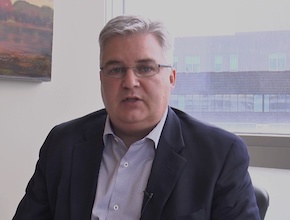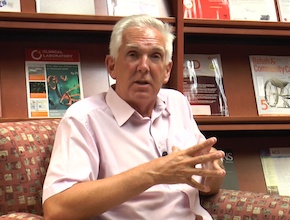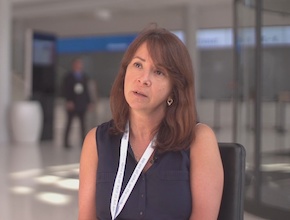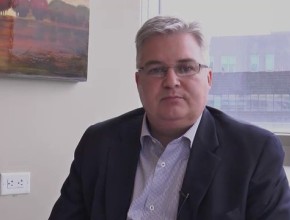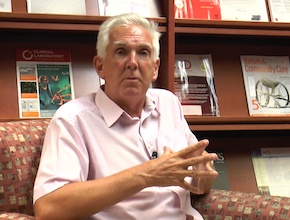Related McMaster Perspective episodes
Tiboni M, Jaeschke R. Obesity surgery for internists. Part 1.References
Rejeski WJ, Ip EH, Bertoni AG, et al; Look AHEAD Research Group. Lifestyle change and mobility in obese adults with type 2 diabetes. N Engl J Med. 2012 Mar 29;366(13):1209-17. doi: 10.1056/NEJMoa1110294. PubMed PMID: 22455415; PubMed Central PMCID: PMC3339039.Roman Jaeschke: When we are talking about the surgeries other than banding, how many of them are done in Canada or in Ontario, where you are leading the process?
Maria Tiboni: I can tell you the numbers from probably 2015. If you look at the North America, Canada and the Unites States, they really lead in terms of numbers of surgeries done per year. In the US, it is shocking: a quarter of a million surgeries done per year. Probably [the large number of surgeries done in North America is mostly due to the number in the US]. In Canada we are doing – I think it is the plan for the whole country this year – 3,000 bariatric surgeries paid by the government. There are a lot of surgeries that are being done outside the government pay or health insurance. In Poland – I was able to pull some numbers – it looks like back in 2013 over 1,600 bariatric surgeries were accounted for, probably [there were] more that have not been accounted for; mainly the sleeve gastrectomy and the band.
RJ: Probably two last questions. The first one is, who would be an ideal candidate for bariatric surgery? On the other extreme, who would be the person you would not offer it to?
MT: Who is the ideal candidate for bariatric surgery? Back in 1991, the National Institute of Health gathered a consortium of people from across many disciplines and tried to standardize who would be a good candidate for bariatric surgery, and that stands up to these days. It would be any obese individual with a body mass index (BMI) of more than 40, or more than 35 with obesity-associated comorbid conditions, just like hypertension, diabetes, etc, provided that they are psychologically fit, agreeable to long-term follow-up, and do not have prohibitive surgical risk; remember, we are talking about abdominal surgeries, right?
RJ: And maybe the last question. You were instrumental in establishing a fairly major surgical program in Ontario. If somebody else was trying to establish such a program now, what would be your advice, in the short term and in the long term?
MT: I would have to clarify that I am actually the internist doing the medical preparation for patients that are going for bariatric surgery. So, good communication with your surgeons, knowing very well the surgeries, understanding that these are at the end abdominal surgeries but with the twist of malabsorption, and collaborating with allied health individuals, dietitians, psychologists, social workers to ensure that patients are well prepared and are ready to embark on this change. Bariatric surgery is just a tool for them to be able to achieve sustainable weight loss.
RJ: If I have heard correctly, maybe the final organizational message is that even though surgery is in the center of it, there is a lot to be done prior to surgery in terms of physical, psychological, dietary assessment, and as well there is an important role after the surgery to follow them, especially in a dietary way.
MT: Absolutely. I think that in Canada in the province of Ontario we are being successful because we have a very robust program, with participation of allied health individuals, social workers, psychologists, dietitians, and we really work as a team on how to transition patients into this new lifestyle, again, with the surgery as a tool to achieve sustainable weight loss.
RJ: I promise – the last question. Is there an obesity pill on the horizon?
MT: I wish there was one. Maybe one day, if we come to a good understanding of what are the physiological changes, maybe we can target with a pill these physiological changes and maybe in the next 50 years we will see that surgery [is not going to be the only] option, but there is going to be a pill.
RJ: You think 50 years, so that means we are not out of work yet.
MT: We are not out of work.
RJ: Thank you, Doctor Tiboni.
MT: You are welcome, Roman.
This interview was recorded at the 2nd McMaster International Review Course in Internal Medicine in Kraków, Poland. To learn more, visit www.mircim.eu.
 English
English
 Español
Español
 українська
українська

